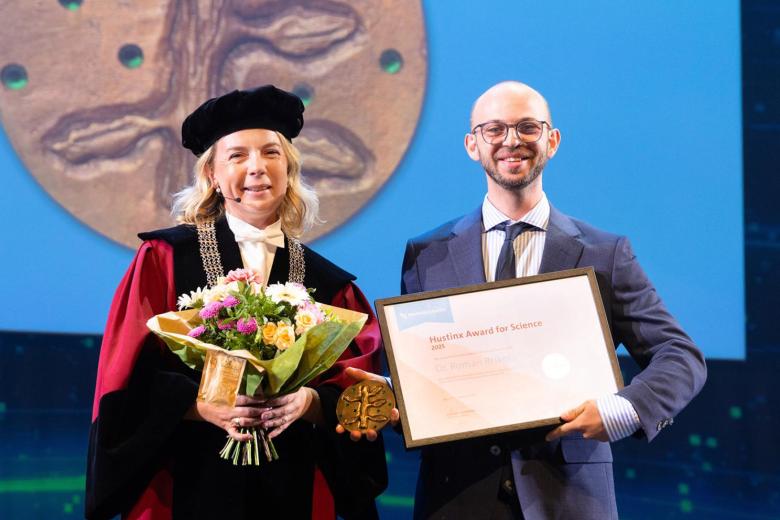School of Business and Economics receives re-accreditation from AACSB
On 19 April 2017 AACSB International announced that it will be extending the business accreditation of Maastricht University’s School of Business and Economics (SBE). Founded in 1916, AACSB is the longest-serving global accrediting body for business schools that offer undergraduate, master's, and doctoral degrees in business and accounting. By obtaining this re-accreditation, SBE retains the prestigious ‘Triple Crown’ which consists of accreditations awarded by the American AASCB, the British AMBA and the European-wide EQUIS. Only 1% of business schools worldwide have been able to achieve this.
Re-accreditation
To obtain the re-accreditation, SBE had to undergo a rigorous internal review process in which they had to demonstrate that they continuously improve processes. The school also underwent thorough external assessment by a peer review team of senior executives from other leading business schools. During this peer-review process, the school had to demonstrate its alignment with AACSB’s global accreditation standards and show how they encourage engagement, innovation, and impact on the communities it serves.
About the AACSB
AACSB Accreditation is the hallmark of excellence in business education and has been earned by less than 5 percent of the world's business schools. Today, there are 786 business schools in 53 countries and territories that have earned an AACSB Accreditation, an additional 186 institutions hold specialised AACSB Accreditation for their accounting programmes as well.
Also read
-
Prof. Dr. Wim Gijselaers receives prestigious AERA Distinguished Career Award
Prof. Dr. Wim Gijselaers has received the Distinguished Career Award from AERA Division I, recognising his pioneering research, mentorship and decades of leadership in education in the professions.

-
Research on AI in the workplace: Dr. Roman Briker wins Hustinx Science Award
The School of Business and Economics is proud to share that Dr. Roman Briker, Assistant Professor of Organisational Behaviour, has been awarded the 2025 Hustinx Science Award.

-
Financial Times MiM Ranking 2025: Maastricht University SBE #1 in the Netherlands, Top 100 Worldwide
We are proud to share that Maastricht University’s School of Business and Economics (SBE) has been ranked among the top 100 business schools worldwide and #1 in the Netherlands by the Financial Times in the Masters in Management (MiM) Ranking 2025. This recognition highlights the quality, impact...
